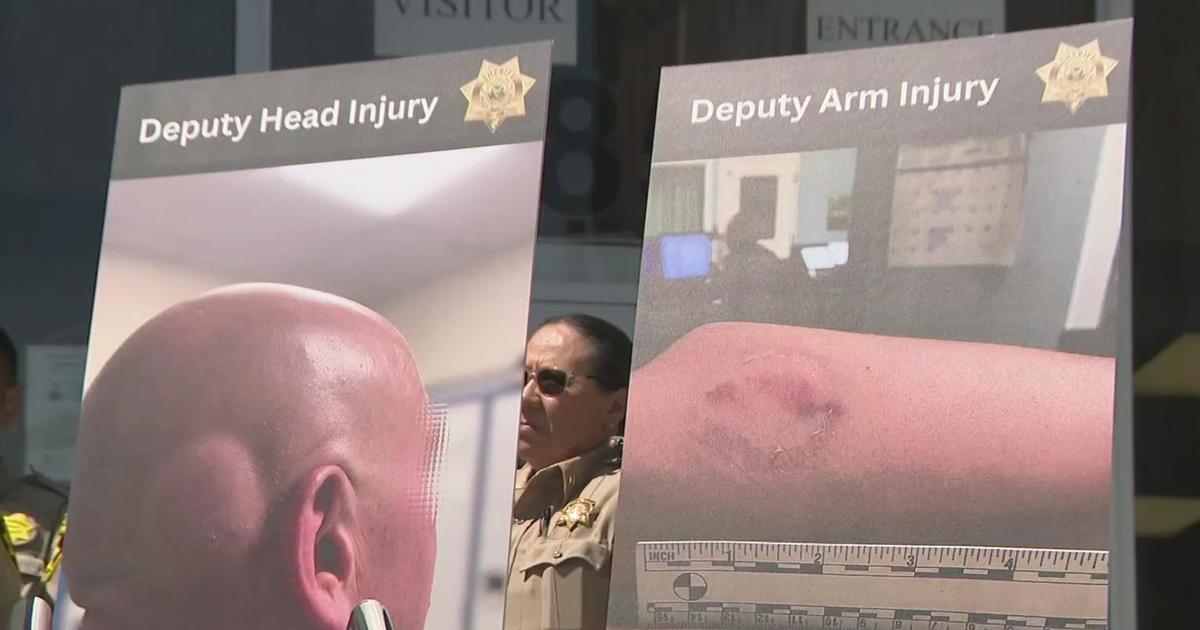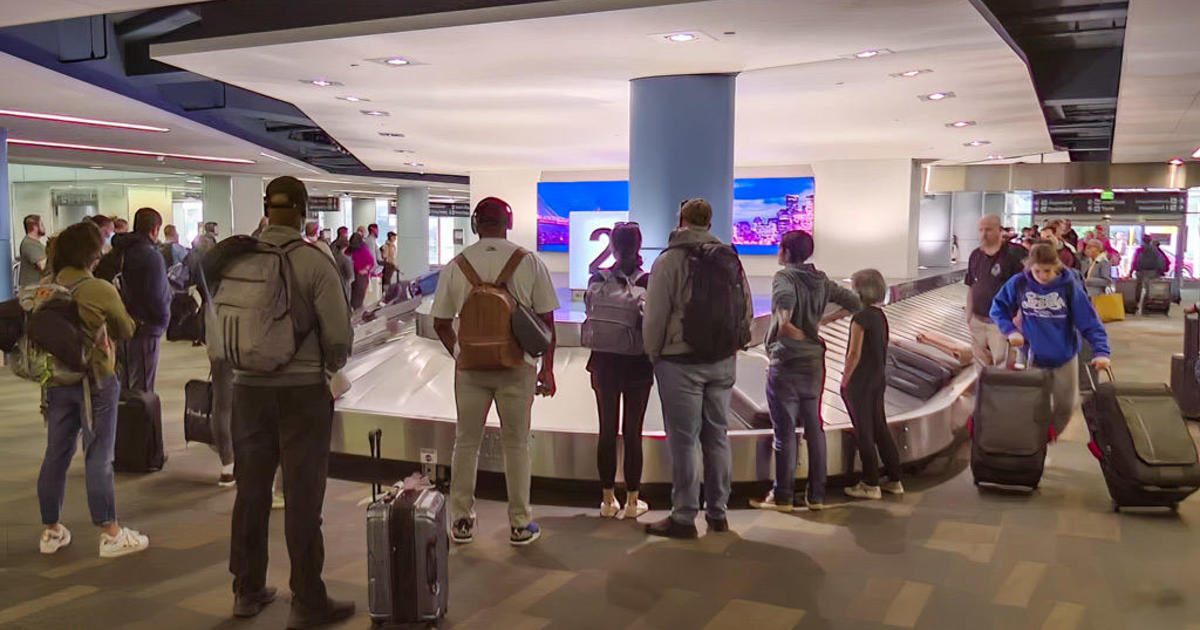9th Circuit Court Allows Part Of Trump's 3rd Travel Ban To Take Effect
SAN FRANCISCO (CBS SF) – A federal appeals court in San Francisco Monday allowed part of President Donald Trump's third travel ban to go into effect for the time being, saying the government can bar entry from visitors from six mostly Muslim countries who have no connection to the United States.
But the 9th U.S. Circuit Court of Appeals left in place another part of a lower court order requiring the Trump administration to allow in visitors who have a close relationship with a relative or organization in the United States.
The appeals court's action is a partial stay of a preliminary injunction issued by U.S. District Judge Derrick Watson of Honolulu that blocked almost all of the travel ban Trump issued by proclamation on Sept. 24.
U.S. Justice Department lawyers had asked for a full stay while they appeal Watson's ruling.
The partial stay will remain in effect while a three-judge panel of the San Francisco-based 9th Circuit considers the appeal.
The panel is scheduled to hold a hearing on the appeal at its Seattle courthouse on Dec. 6 and will issue a written ruling sometime later. The court has granted the government's request for expedited handling of the case but has no deadline for ruling.
The case concerns visitors from Chad, Iran, Libya, Somalia, Syria and Yemen. Trump's Sept. 24 ban also applies to people from North Korea and certain groups from Venezuela, but that part of the ban was not challenged in the current lawsuit, filed by the state of Hawaii.
Hawaii Attorney General Doug Chin said in a statement, "Today's decision closely tracks guidance previously issued by the Supreme Court. I'm pleased that family ties to the U. S., including grandparents, will be respected.
"We continue to prepare for substantive arguments before the 9th Circuit on Dec. 6 in Seattle," Chin said.
Justice Department spokesman Lauren Ehrsam said, "We are reviewing the court's order and the government will begin enforcing the travel proclamation consistent with the partial stay. We believe that the proclamation should be allowed to take effect in its entirety."
The appeals court specified in its brief order that close relatives eligible for entry include grandparents, grandchildren, aunts, uncles, nephews, nieces, cousins and brothers- and sisters-in-law.
That definition comes from earlier rulings concerning Trump's second travel ban, issued by executive order on March 6. The U.S. Supreme Court said that while the earlier ban was appealed, the government must allow entry to people with a close familial relationship.
The high court did not define close familial relationship, and the Trump administration said it should be limited to parents, parents-in-law, spouses, fiancés, children, adult sons and daughters, sons- and daughters-in-law and siblings of people in the United States.
But the 9th Circuit said in a ruling in September that it should include the larger category as well. Monday's order applies that same definition to the preliminary injunction on Trump's second ban.
Another judge in Maryland has also blocked most of Trump's third ban, and the 4th U.S. Circuit Court of Appeals in Virginia is scheduled to hear arguments on the government's appeal of that case on Dec. 10.
Rulings by the 9th Circuit and 4th Circuit blocking the second ban were appealed to the Supreme Court, but the high court cancelled an Oct. 10 hearing on those cases and dismissed them in the wake of Trump's Sept. 24 proclamation and renewed lawsuits.
Trump's first ban, issued by executive order on Jan. 27, was broader and applied to visitors from seven mostly Muslim countries including Iraq and to people who were permanent U.S. residents. It too was partly blocked by the 9th Circuit, in a lawsuit filed by the state of Washington, until it was revoked by Trump's second version of the ban.
California was among 15 states, plus the District of Columbia, that supported Hawaii with a friend-of-the-court brief in the current case.
The supporting brief argues the ban hurts the states' public colleges and universities and "further harms our science, technology finance and tourism industries."
© Copyright 2017 by CBS San Francisco and Bay City News Service. All rights reserved. This material may not be published, broadcast, rewritten or redistributed.



